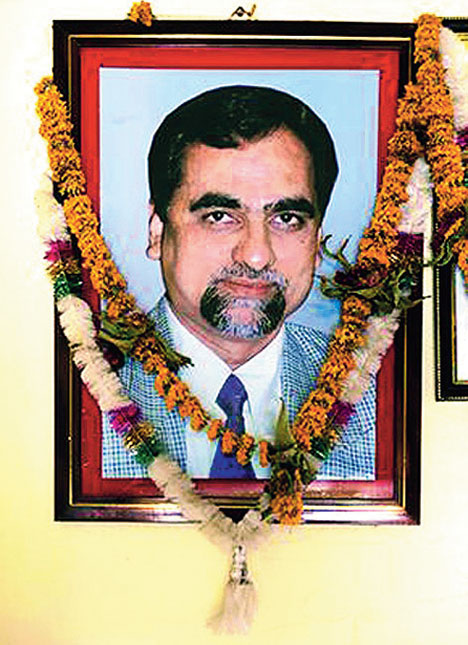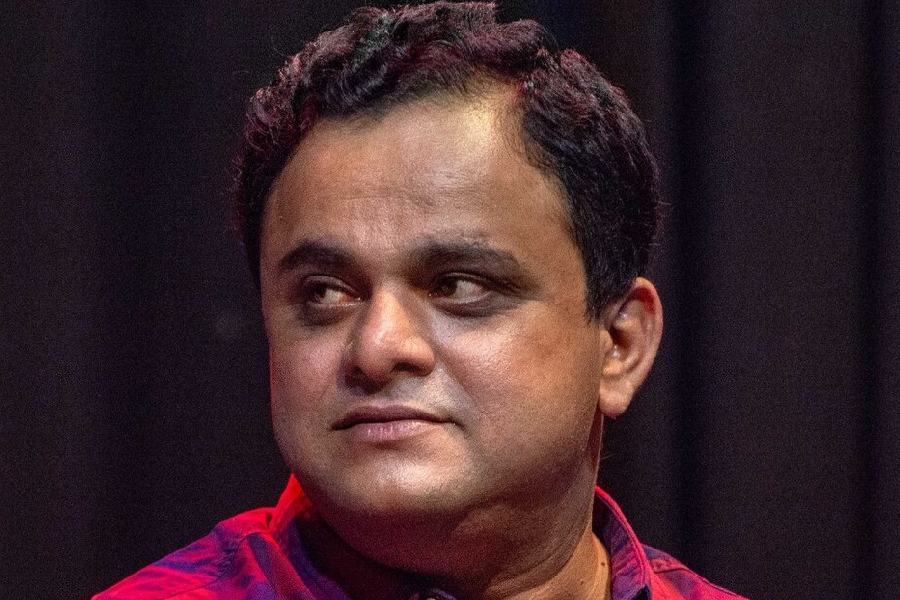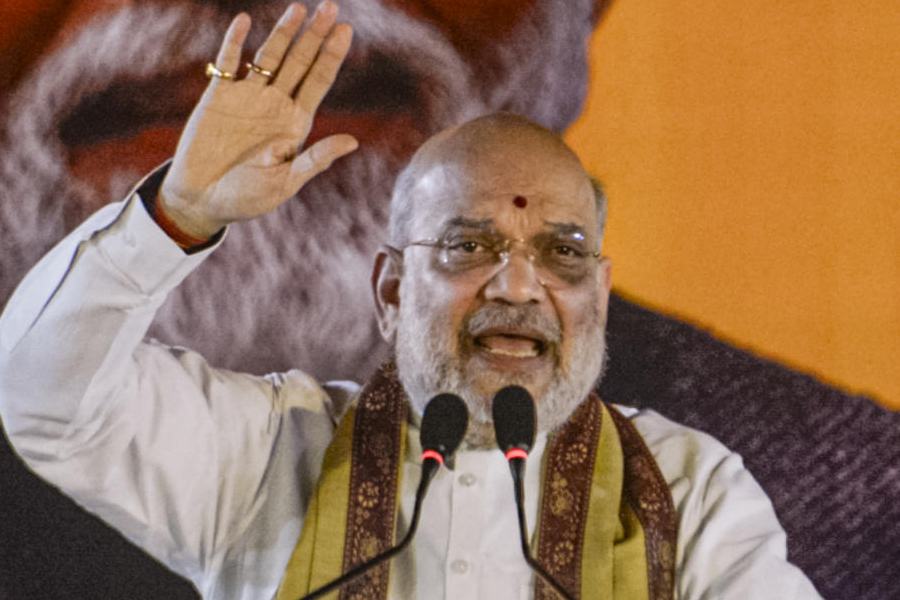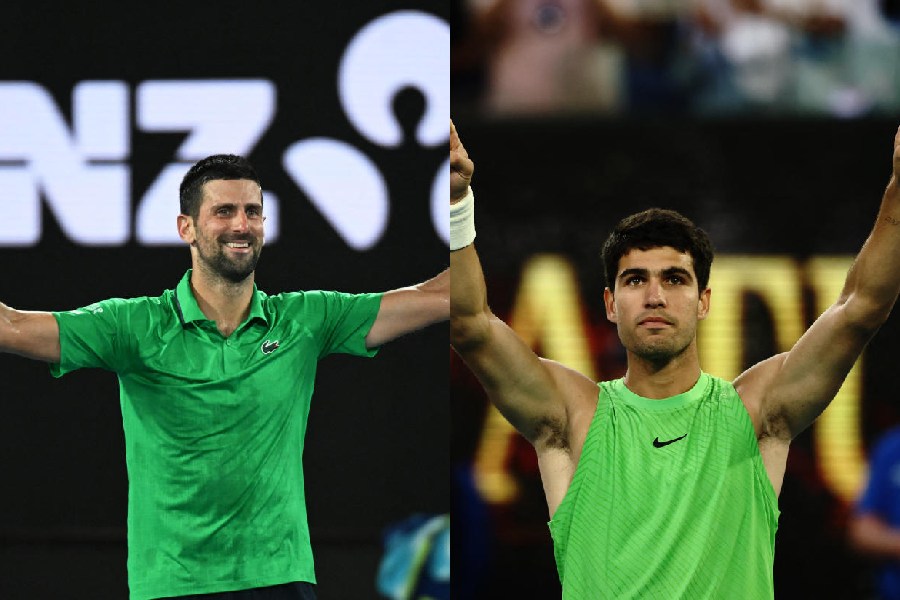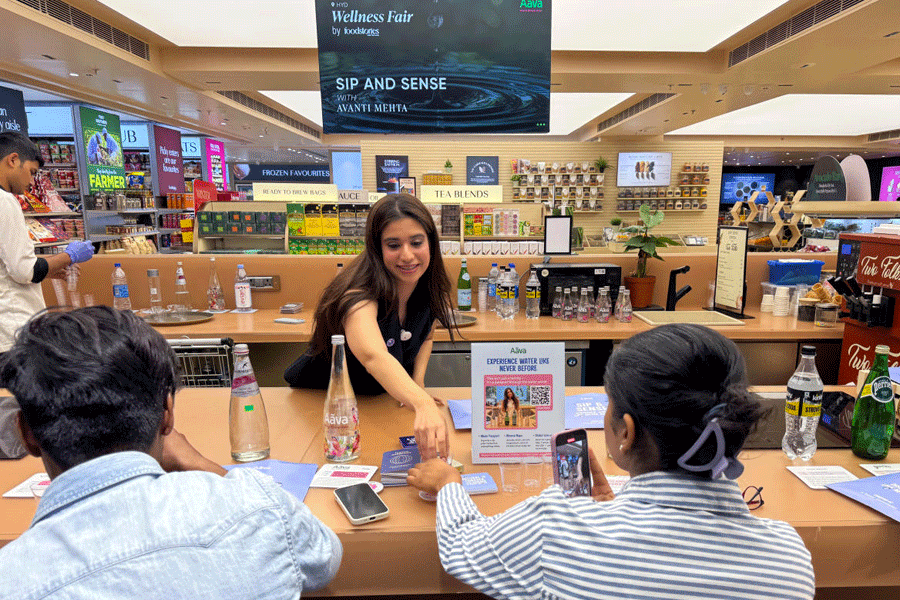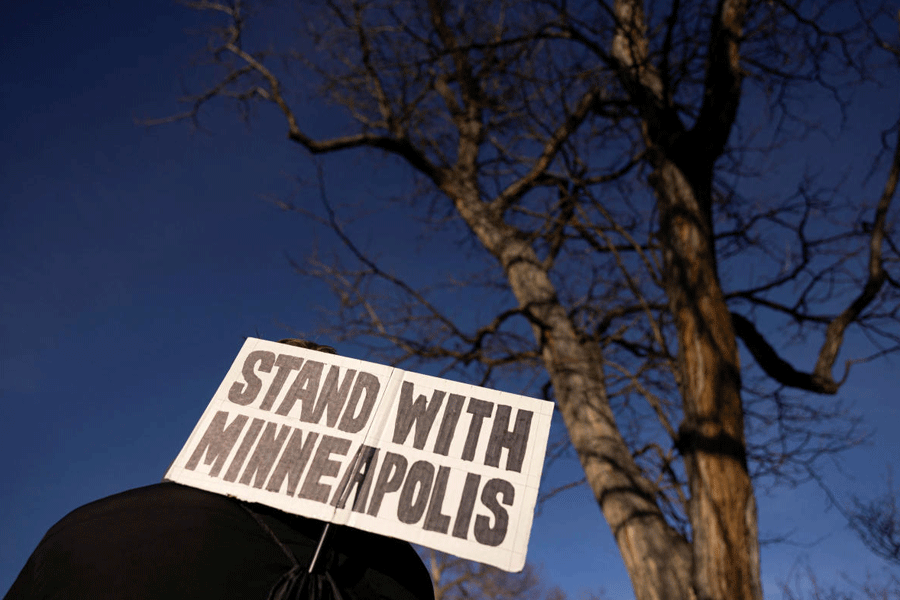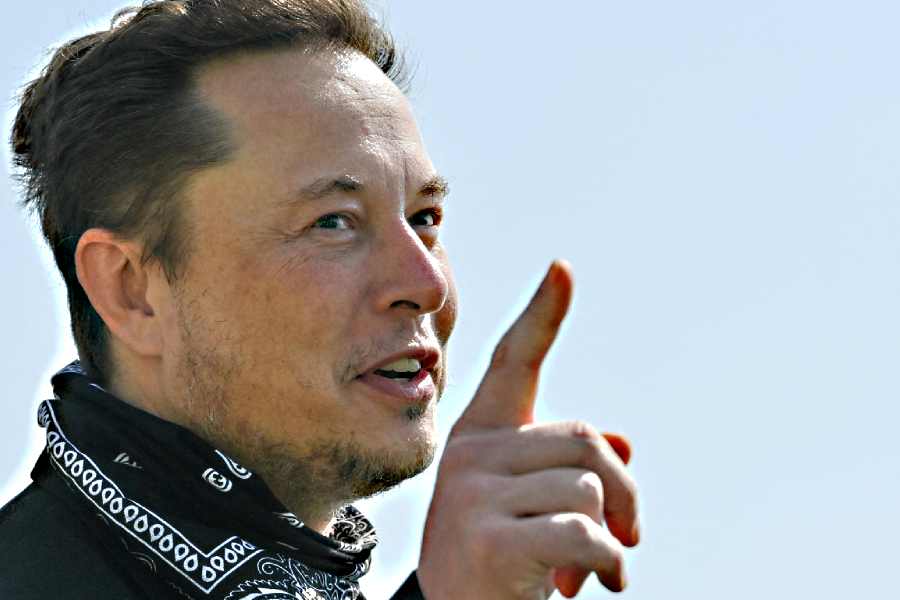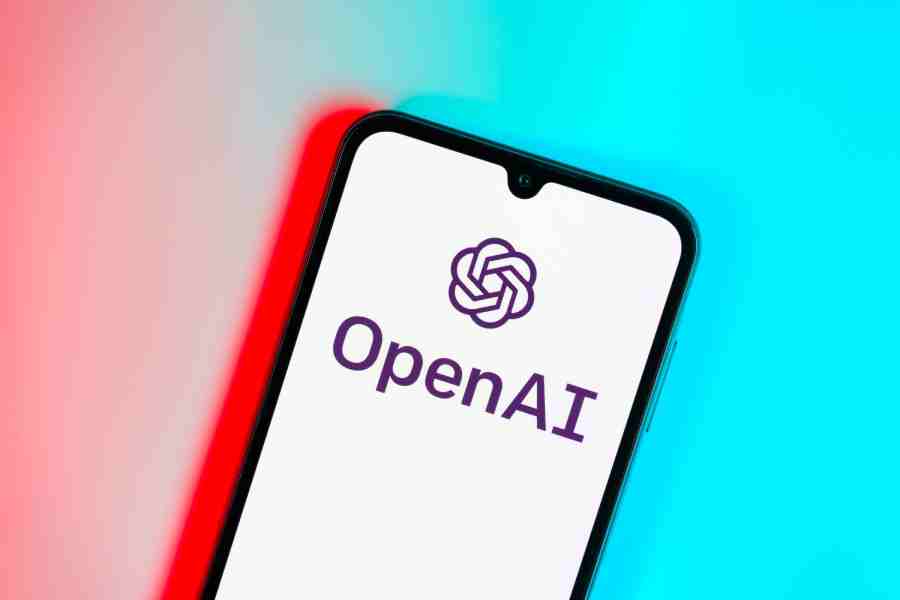
New Delhi: Ayurveda, unani or homoeopathy healers cannot practise without getting themselves officially registered, the Supreme Court has ruled while expressing concern at quacks "playing with lives".
Practitioners of alternative medicine need to be registered under the Indian Medicine Central Council Act, for which they are required to obtain a degree or diploma from a recognised institution teaching these courses.
"Earlier, there were very few institutions imparting teaching and training to doctors, vaidyas and hakimis," the bench of Justices R.K. Agrawal and M. Shantanagoudar observed on Friday.
"But the situation has changed and there are quite a good number of institutions imparting education in indigenous medicines."
Therefore, the bench said, there is no excuse 70 years after Independence for people "having little knowledge or having no recognised or approved qualification... practising medicine and playing with the lives of thousands and millions of people".
"A number of unqualified, untrained quacks are posing a great risk to the entire society," it added.
The court dismissed a plea from the Kerala Ayurveda Paramparya Vaidya Forum, which had challenged a 15-year-old Kerala High Court order that had rejected its plea to allow the unregistered to practise indigenous medicine.
According to the petitioners, the requirement for mandatory registration hurts Kerala's paramparya vaidyas - entire families that have for ages been practising siddha, unani or ayurveda for a living, with the elders passing their knowledge on to the next generation.
With the introduction of the IMCC Act, 1970, and certain other laws, these hereditary healers have been debarred from practising unless they get themselves registered.
However, this has been difficult for them because they claim to learn their art from family elders and not recognised institutions.
The forum argued that tradition requires the paramparya vaidyas to hand their knowledge down to their descendants. It claimed their practice has an edge over modern medicine, in that they prepare medicines for each patient separately and these have no side effects.
The state government defended the restrictions, saying many people were practising indigenous medicine without qualification or registration in Kerala, endangering people's lives and health.

